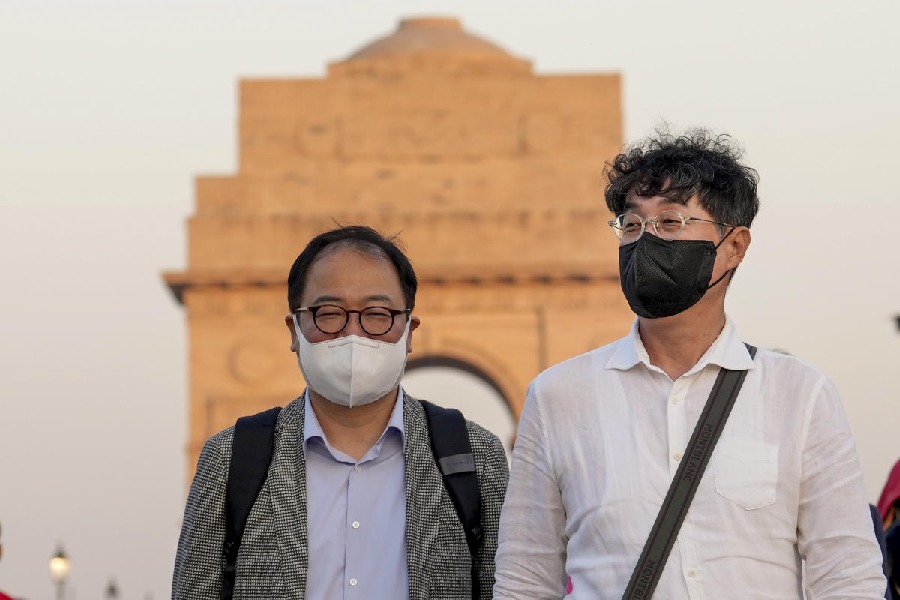After a brief respite of three days, Delhi's air quality dropped again to the 'poor' category on Saturday.
The 24-hour average Air Quality Index (AQI) of the city was recorded at 233 at 4 pm on Saturday, marking a deterioration from Friday's reading of 197, which fell in the 'moderate' category.
The primary pollutants on Saturday were PM2.5 and PM10, with PM2.5 levels recorded at 93.2 µg/m³ and PM10 levels at 185.4 µg/m³ at 2 pm. These fine particles pose significant health risks as they can penetrate deep into the lungs and enter the bloodstream.
Of the 38 air quality monitoring stations in the city, two reported air quality in the 'very poor' category on Saturday, 30 were in the 'poor' category, and the rest recorded 'moderate' air quality, according to the Sameer app.
According to the Air Quality Early Warning System for Delhi, air quality in the city will likely remain in the 'poor' category on Sunday and Monday, while it is expected to deteriorate to 'very poor' on Tuesday.
The Central Pollution Control Board (CPCB) classifies AQI between 0 and 50 as 'good', between 51 and 100 as 'satisfactory', between 101 and 200 as 'moderate', between 201 and 300 as 'poor', between 301 and 400 as 'very poor', and above 400 as 'severe'.
Meanwhile, the Decision Support System (DSS), the primary tool used to assess and estimate the sources of pollution in Delhi, has not been updated since November 29.
A Commission for Air Quality Management official stated that the DSS is still in the development phase and has not been fully commissioned yet.
"An evaluation committee reviewed the system and found that its data and accuracy were not in line with the terms of reference set for the model. It was also observed that some of the data or the emissions inventory being used was outdated," the official said on the condition of anonymity.
The DSS will resume sharing data once the necessary changes are implemented, the official added.
Except for the headline, this story has not been edited by The Telegraph Online staff and has been published from a syndicated feed.










